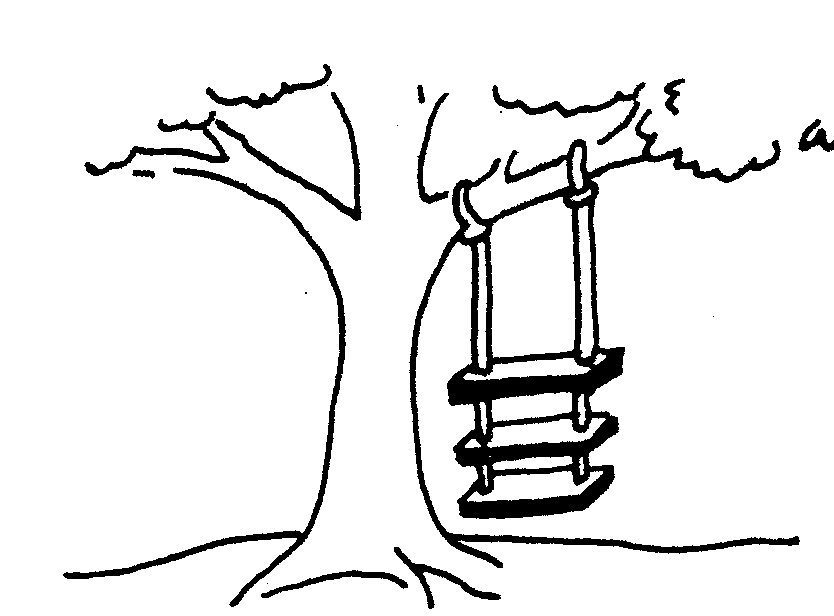I quite like this cartoon, which appeared in today’s paper.
A nice way to end the week!
I quite like this cartoon, which appeared in today’s paper.
A nice way to end the week!
 New words are always interesting, I think, and not just the ones that have been inspired by technology. But before I say any more about that, I feel the need to get something off my chest. Don’t worry, I won’t make this a long post: the last thing I want is people tweeting me to say TL;DR (too long; didn’t read).
New words are always interesting, I think, and not just the ones that have been inspired by technology. But before I say any more about that, I feel the need to get something off my chest. Don’t worry, I won’t make this a long post: the last thing I want is people tweeting me to say TL;DR (too long; didn’t read).The guidance provided by Ofsted on what constitutes a grade of “Outstanding” in subjects is currently under review. This is a good time for them to consider a minimalist approach: what two or three factors should be instrumental in coming to a judgement? In my opinion, the more tick-boxes you have, the less useful the whole exercise becomes. I wonder: are there a few key things which determine whether a school’s offering in Computing and ICT is good or not, and which, if tweaked, could transform a low grade into a higher one?
I’m always interested in such things, and that interest was reignited today when I read an article I’d written in 2005. Apart from the documentation referred to, I believe it is still accurate, and pertinent – and could be applied to the inspection of individual subject areas like Computing and ICT as to a whole school or Local Authority.
Anyway, see what you think.
 Here are a couple of interesting cartoon strips about the (possible) effects of new technology. Yesterday’s one is more about unintended consequences, while today’s is really about how apparently intelligent software and monitoring systems might be fooled.
Here are a couple of interesting cartoon strips about the (possible) effects of new technology. Yesterday’s one is more about unintended consequences, while today’s is really about how apparently intelligent software and monitoring systems might be fooled. I thought this graphical representation of a curriculum applies really well to the proposed Computing Programme of Study. (See My response to the ICT/Computing consultation for more information about that.)
I thought this graphical representation of a curriculum applies really well to the proposed Computing Programme of Study. (See My response to the ICT/Computing consultation for more information about that.) Kevin Hodgson has written a make-believe article about technology taking over from humans. The theme is a well-known one in science fiction circles, of course, but what I especially like about Kevin’s article is that he has written in the form of a newspaper article. To do so he has used a fake headline generator, for which he provides a link in the story.
Kevin Hodgson has written a make-believe article about technology taking over from humans. The theme is a well-known one in science fiction circles, of course, but what I especially like about Kevin’s article is that he has written in the form of a newspaper article. To do so he has used a fake headline generator, for which he provides a link in the story. I will never understand why so many people think that Wikipedia is OK to use for serious research on the grounds that it is mostly reliable. Mostly? Some years ago I posited the idea of a wiki timetable, in which people get to edit train timetables how they like. Some of the information displayed on the electronic noticeboards would probably be accurate some of the time. Useful, eh?
I will never understand why so many people think that Wikipedia is OK to use for serious research on the grounds that it is mostly reliable. Mostly? Some years ago I posited the idea of a wiki timetable, in which people get to edit train timetables how they like. Some of the information displayed on the electronic noticeboards would probably be accurate some of the time. Useful, eh?
 I recently discovered this map of the internet through Stephen Downes’ newsletter, OLDaily. Downes says, “It’s mostly eye-candy, but it’s good eye-candy”. I prefer to think of it as “interesting” eye-candy. It’s visually attractive, but what I find interesting is the fact that the descriptions are not necessarily value-free.
I recently discovered this map of the internet through Stephen Downes’ newsletter, OLDaily. Downes says, “It’s mostly eye-candy, but it’s good eye-candy”. I prefer to think of it as “interesting” eye-candy. It’s visually attractive, but what I find interesting is the fact that the descriptions are not necessarily value-free.
 It is interesting, isn’t it, how the mind can play tricks on you? A couple of days ago I had proof of either working too hard or of working too hard on one particular thing.
It is interesting, isn’t it, how the mind can play tricks on you? A couple of days ago I had proof of either working too hard or of working too hard on one particular thing.
 People travelling on the London Underground (known as ‘the tube’) will soon be able to obtain a wi-fi signal on their phone or other electronic device.
People travelling on the London Underground (known as ‘the tube’) will soon be able to obtain a wi-fi signal on their phone or other electronic device.
What might be the benefits and costs of this?
 I had the pleasure of meeting up with Shelly Terrell and Clive Elsmore (Clivesir on Twitter) recently in Oxford. But look at the text messages we exchanged in order to finalise the arrangements….
I had the pleasure of meeting up with Shelly Terrell and Clive Elsmore (Clivesir on Twitter) recently in Oxford. But look at the text messages we exchanged in order to finalise the arrangements….
 You’d think people would have better things to do than do pointless surveys from which they then draw unlikely conclusions. Still, it keeps them out of mischief I suppose.
You’d think people would have better things to do than do pointless surveys from which they then draw unlikely conclusions. Still, it keeps them out of mischief I suppose.
 I’m not sure how frequently I’m going to be writing here over the next couple of weeks. I hope to post some articles here, and possibly on My Writes and Writers’ Know-how. Anyway, I just wished to say thanks for reading this blog and I hope you all have a nice, restful, break.
I’m not sure how frequently I’m going to be writing here over the next couple of weeks. I hope to post some articles here, and possibly on My Writes and Writers’ Know-how. Anyway, I just wished to say thanks for reading this blog and I hope you all have a nice, restful, break.
I leave you with this Laurel and Hardy clip which made me smile. In itself, it has nothing at all to do with the current holidays
 Why do posters and notices in computer labs have to be so serious? Surely it just deters people from using the stuff?
Why do posters and notices in computer labs have to be so serious? Surely it just deters people from using the stuff?
I recall one school in which 10 seconds in the computer lab had you nervously looking around for the heavy mob: the walls were covered in posters telling you what was forbidden – forbidden! The general ambience was not improved by the bars on all the windows. Understandable, but even so….
(c) Terry Freedman All Rights Reserved